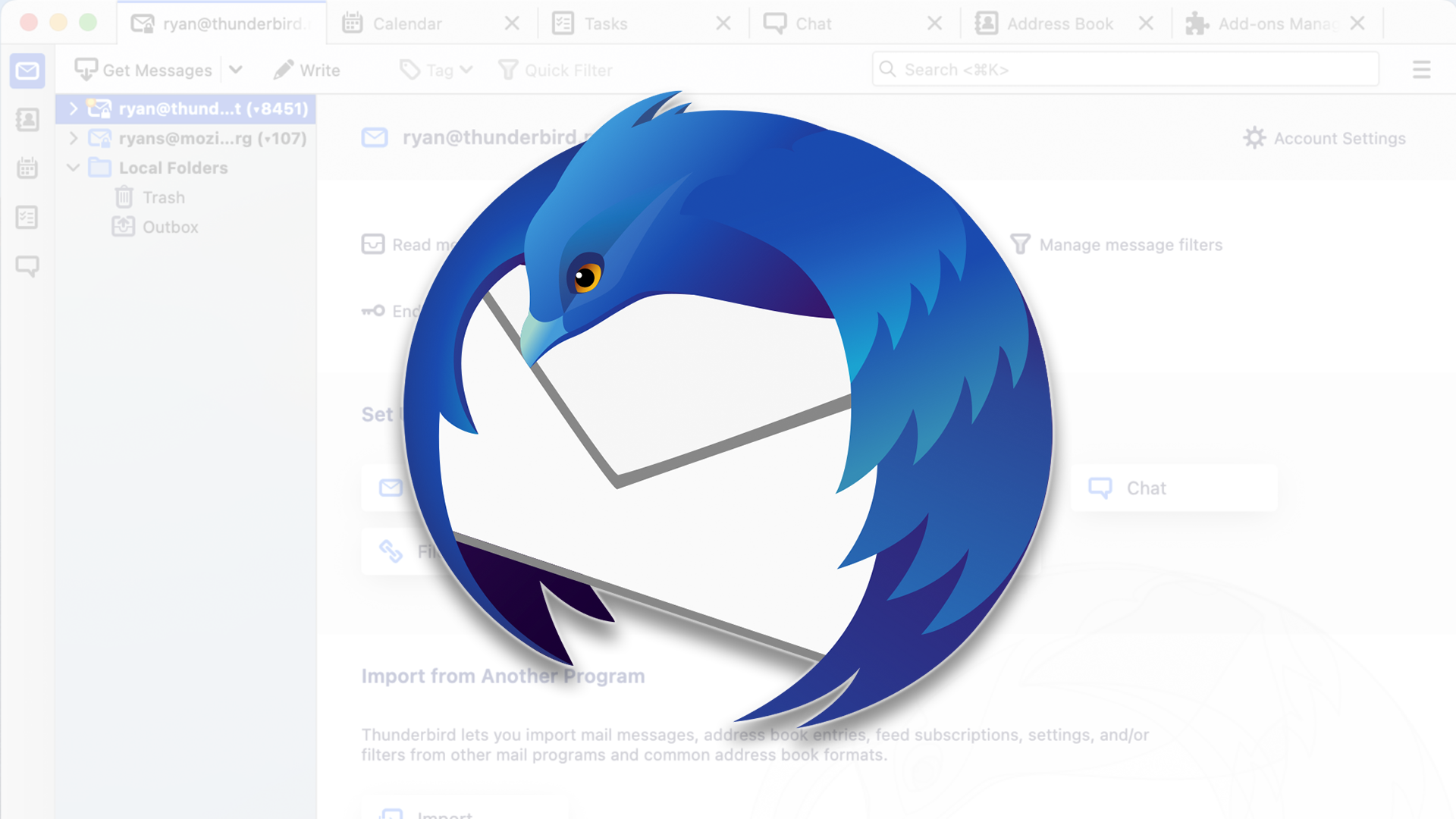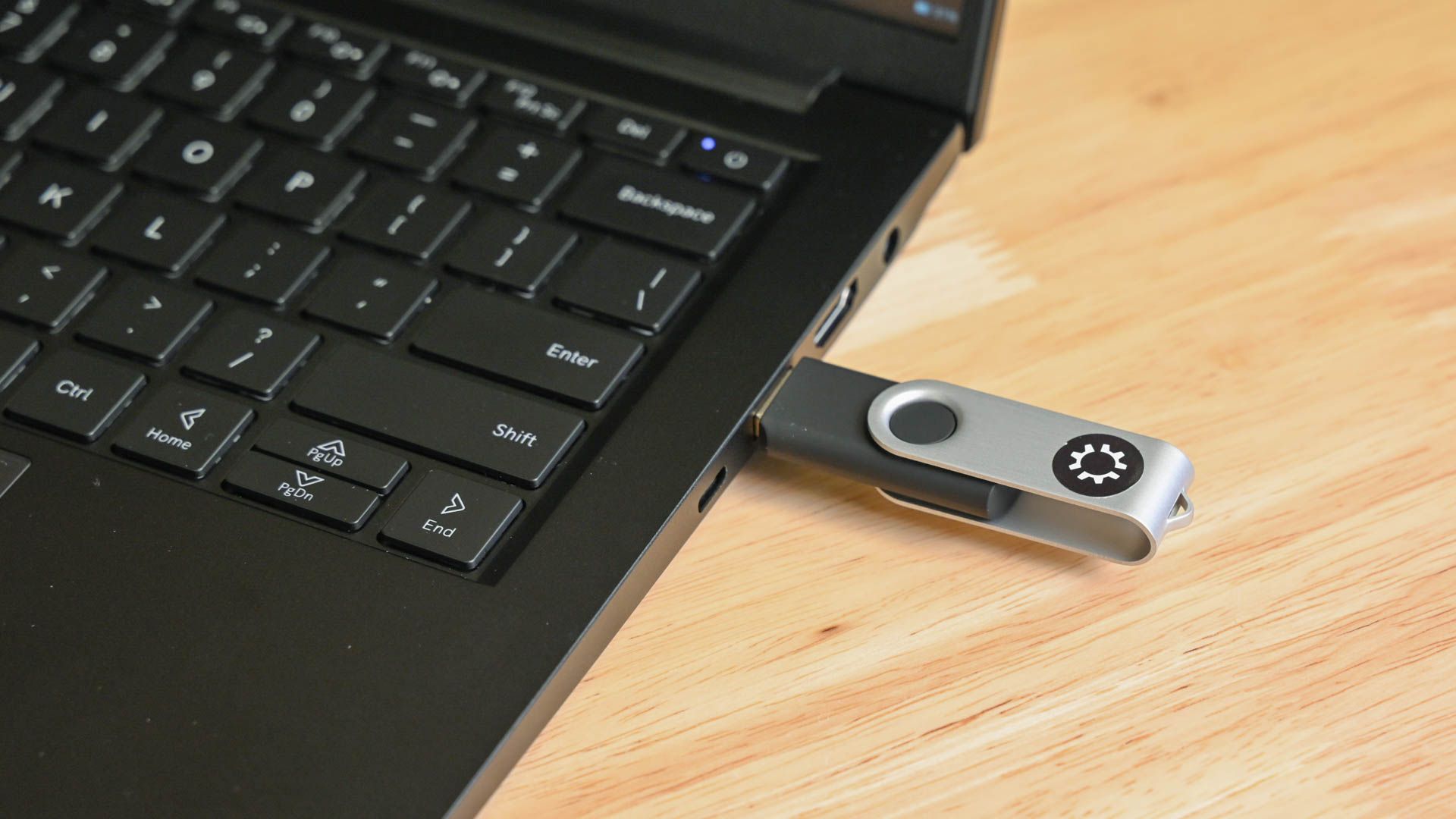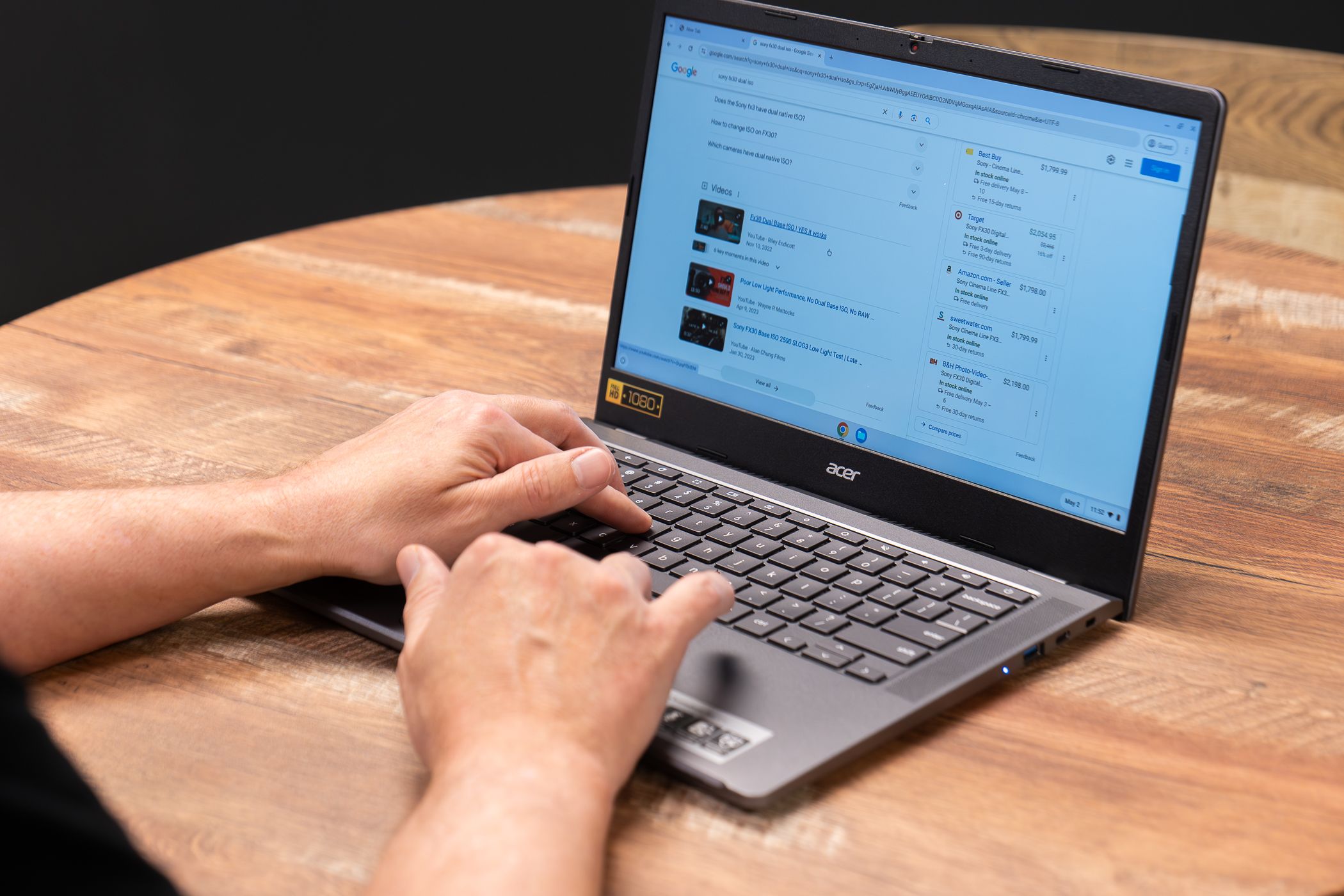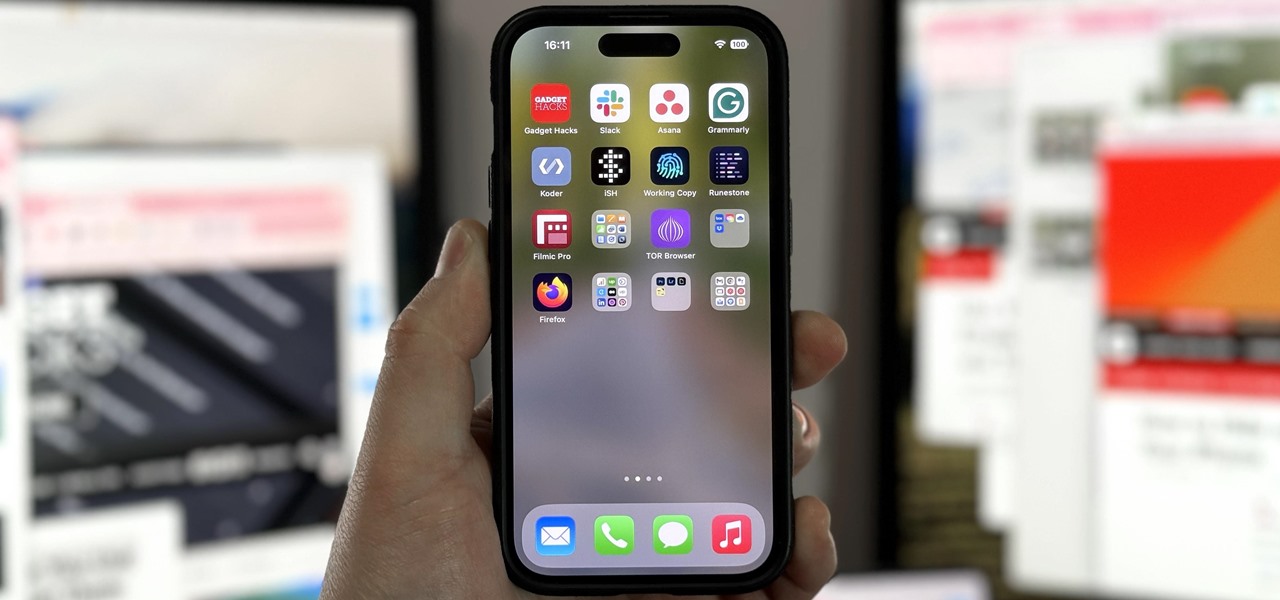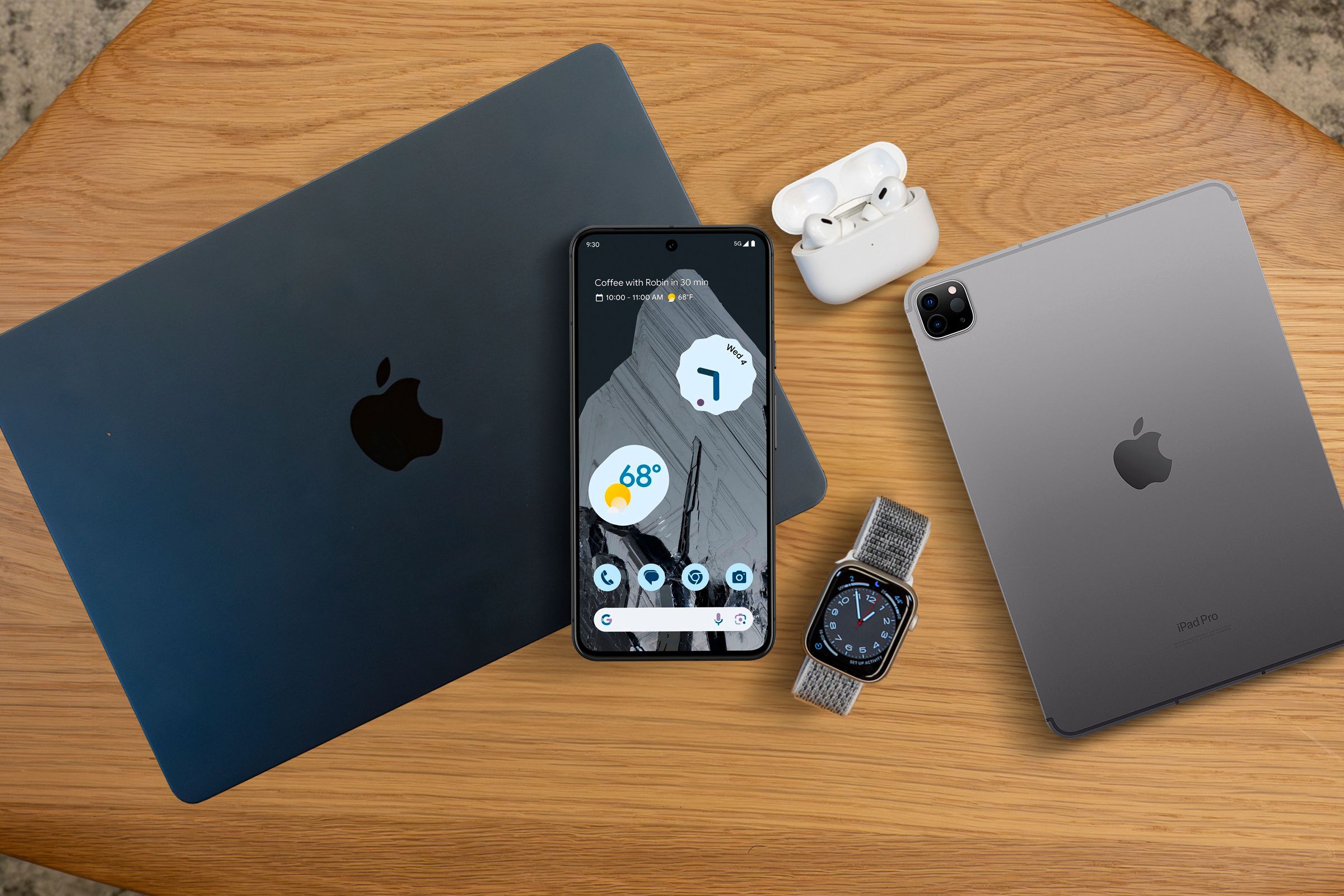Chromebooks Might Soon Work Better With External Drives
Chrome OS
Google is working on enhanced support for exFAT, NTFS, and possibly other file systems on Chromebooks. It could result in faster performance, especially when deleting or copying many files at once, and improved reliability.
Google recently created a new experimental “files-kernel-drivers” feature flag in Chromium, but unlike many other feature flags, this one is only for ChromeOS. There aren’t many details about it right now, as the issue for it is currently blocked from public access, but the description provides some insight: “Prefer the in-kernel drivers to the FUSE drivers for filesystems such as exFAT or NTFS.”
ChromeOS is based on the Linux kernel, so it uses many software components from the Linux ecosystem for core functionality, including file operations. As a result, Chromebooks currently use a mix of kernel-level file system drivers and FUSE (Filesystem in Userspace) drivers for storing and accessing files. ChromeOS uses the ext4 file system for main storage, but you can connect drives to Chromebooks that use other file systems, such as NTFS (the default Windows file system), FAT, MTP, HFS+ (the old default Mac file system), and others.
The flag description sounds like Google is working to bring newer Linux kernel file system drivers to Chromebooks, replacing some of the FUSE drivers that are prone to slower speeds and other potential issues. It’s not clear when these changes would start rolling out to the stable versions of ChromeOS.
Google only specifically mentions NTFS and exFAT in the flag description, but it sounds like more file systems might be switched over to native kernel drivers in the future. The NTFS driver was added in Linux kernel 5.15, initially released in 2021, and the exFAT driver was added in Linux kernel 5.4 in 2019.
The switch from FUSE drivers to Linux kernel drivers might speed up file operations when using flash drives, external drives, and other connected media with Chromebooks, and potentially reduce bugs. Either way, it’s great to see Google port over more improvements from the general Linux ecosystem—the company is also integrating better firmware updates into ChromeOS Flex.
Source: Chromium (GitHub)









